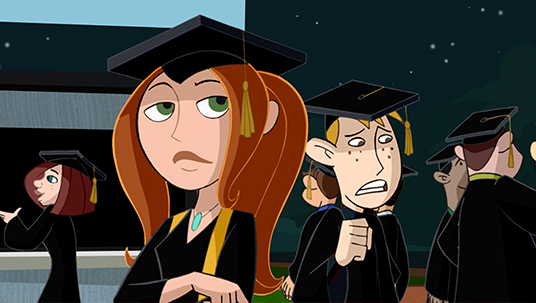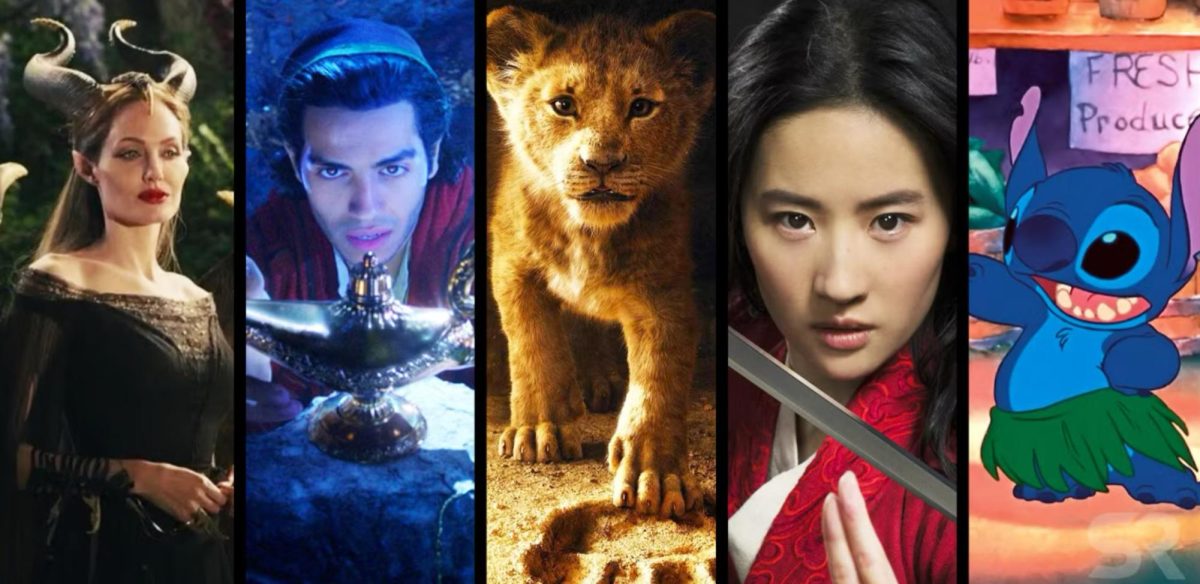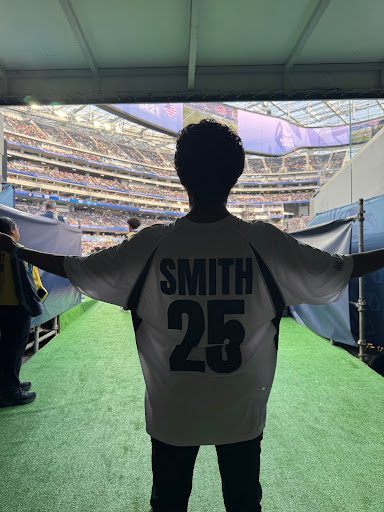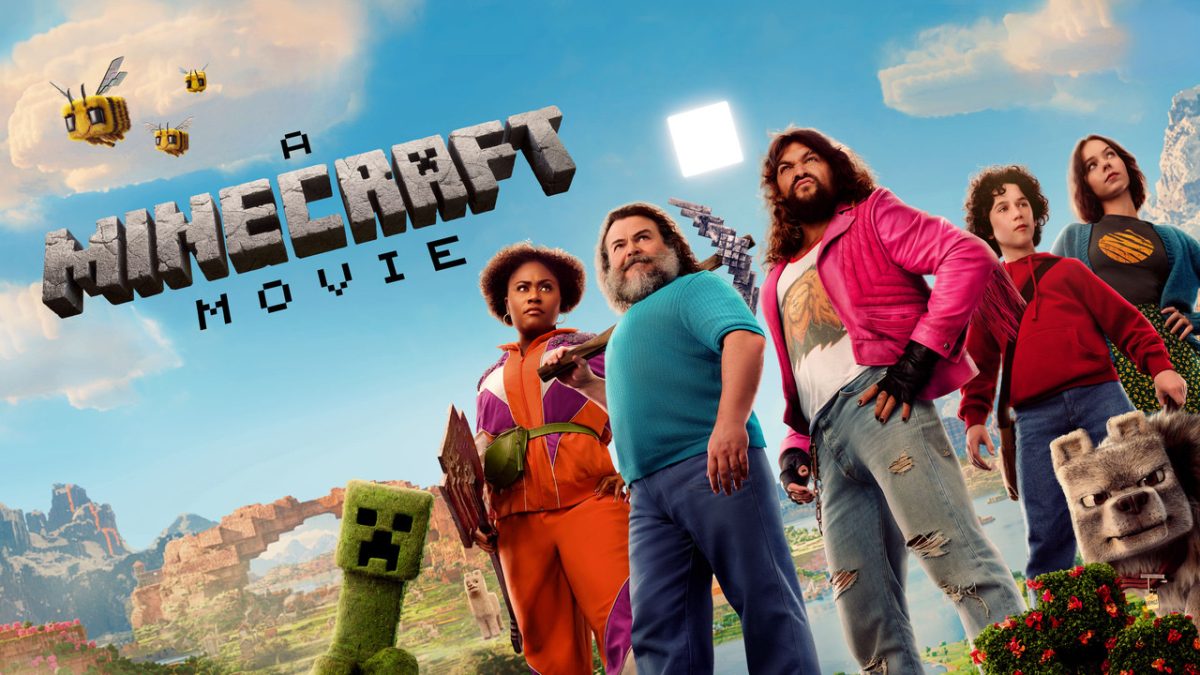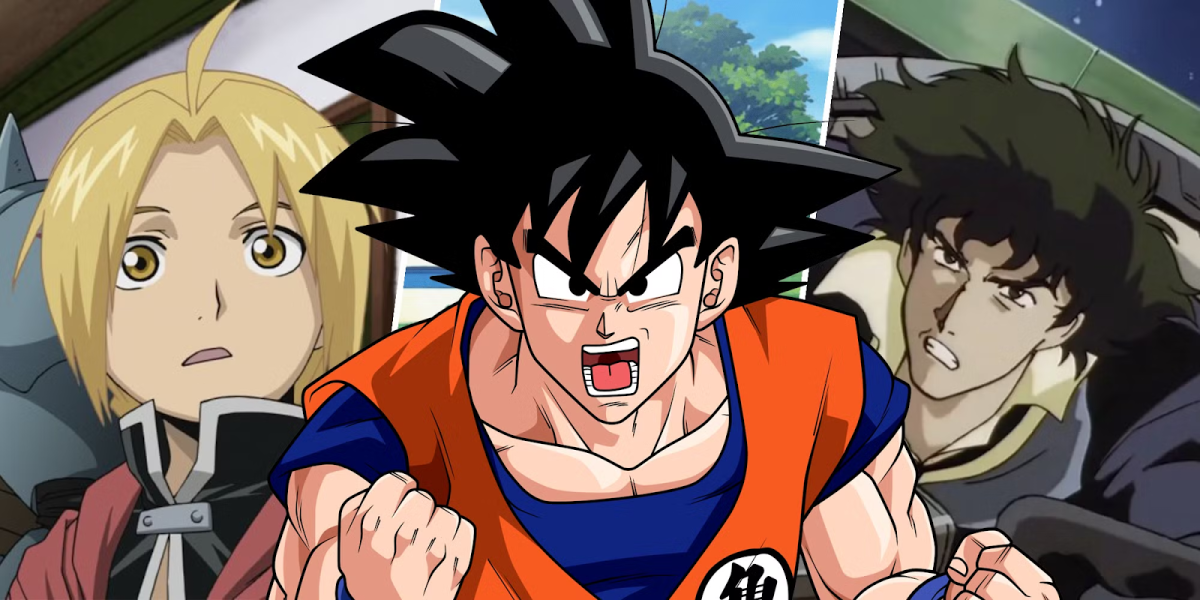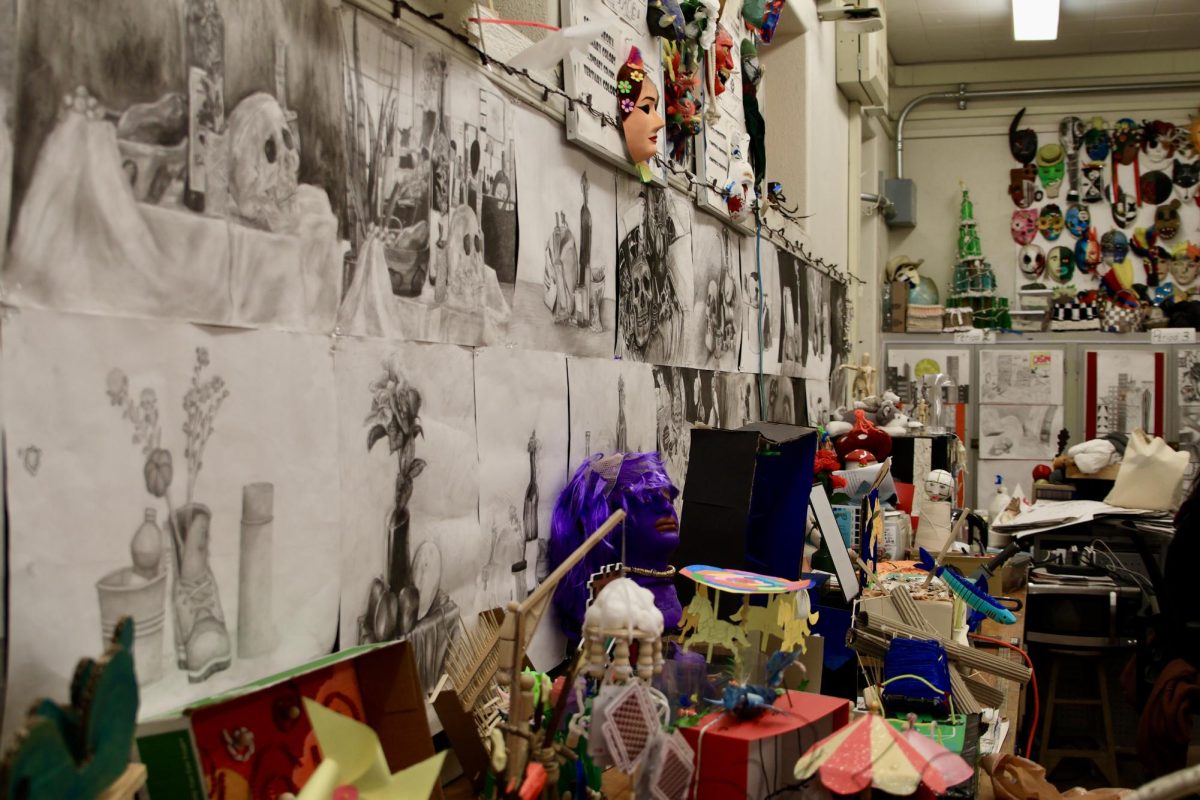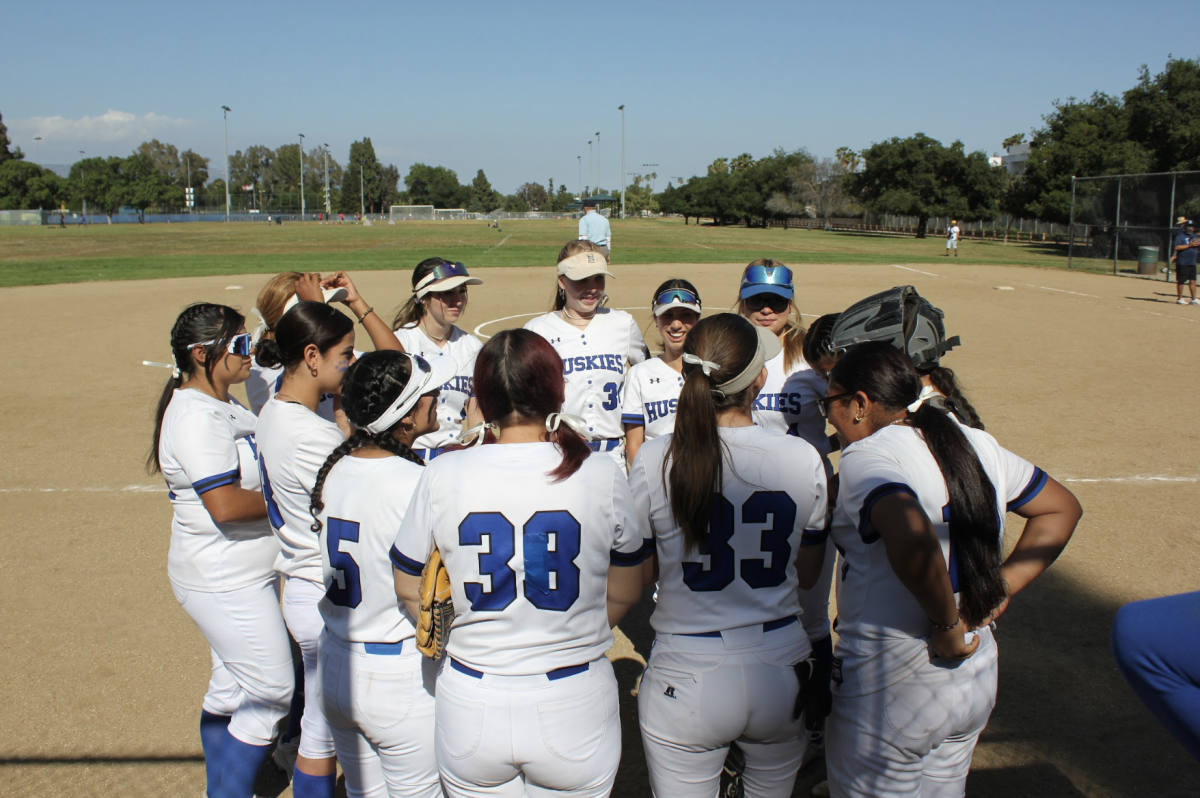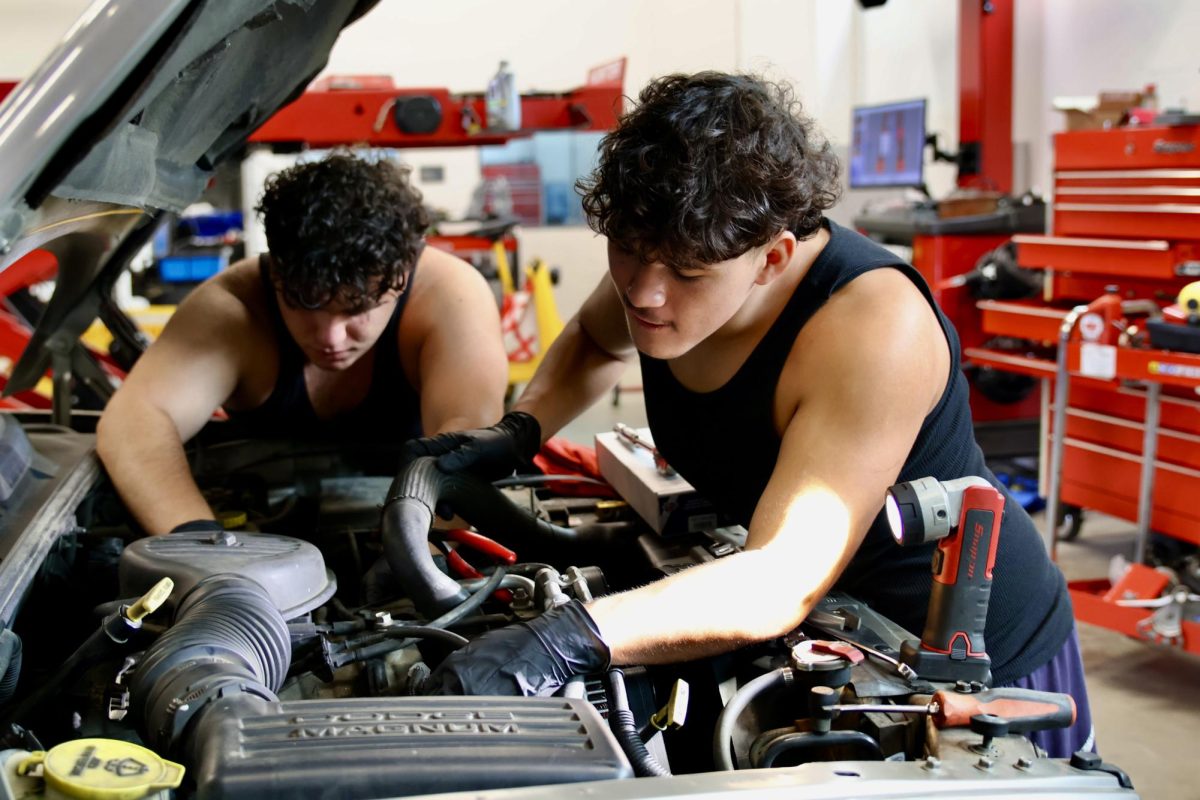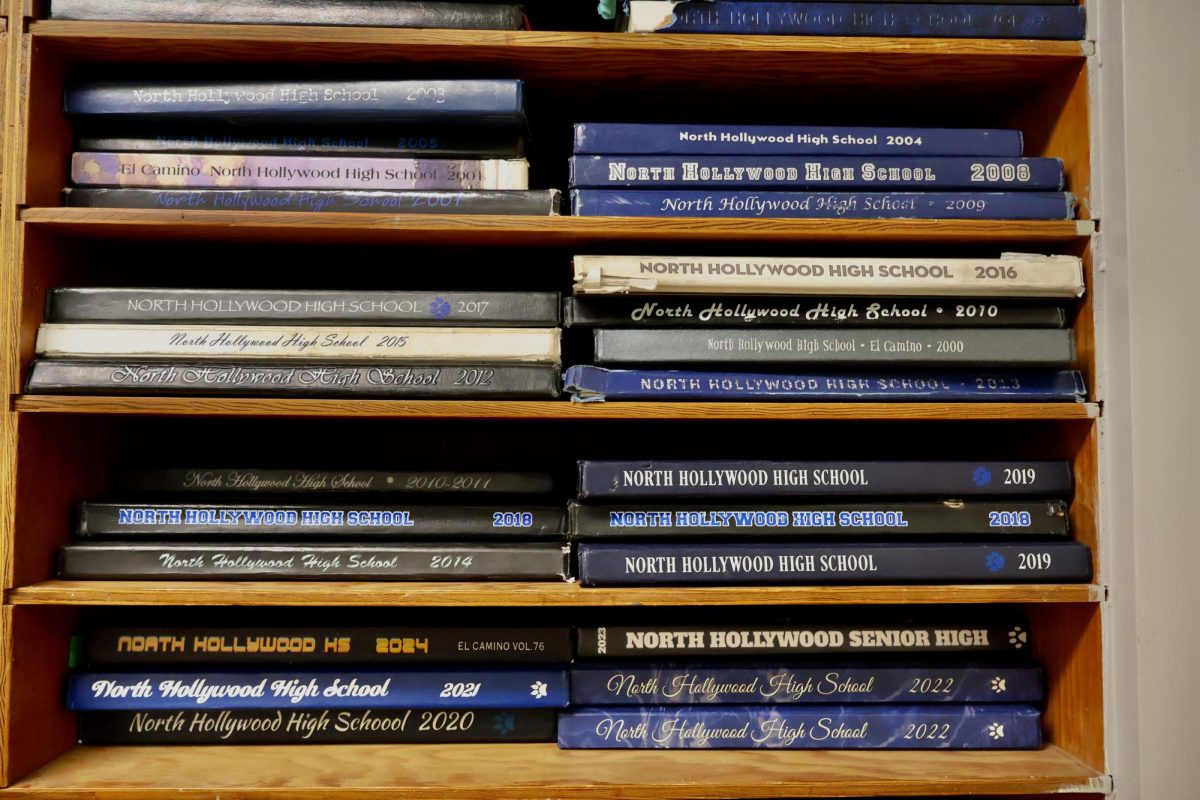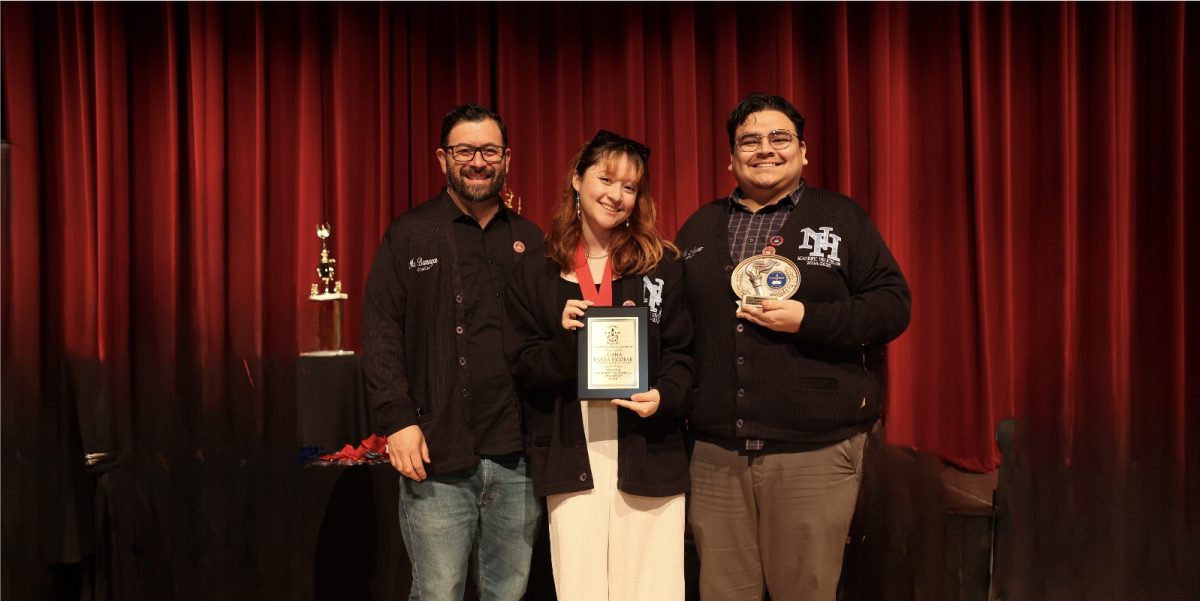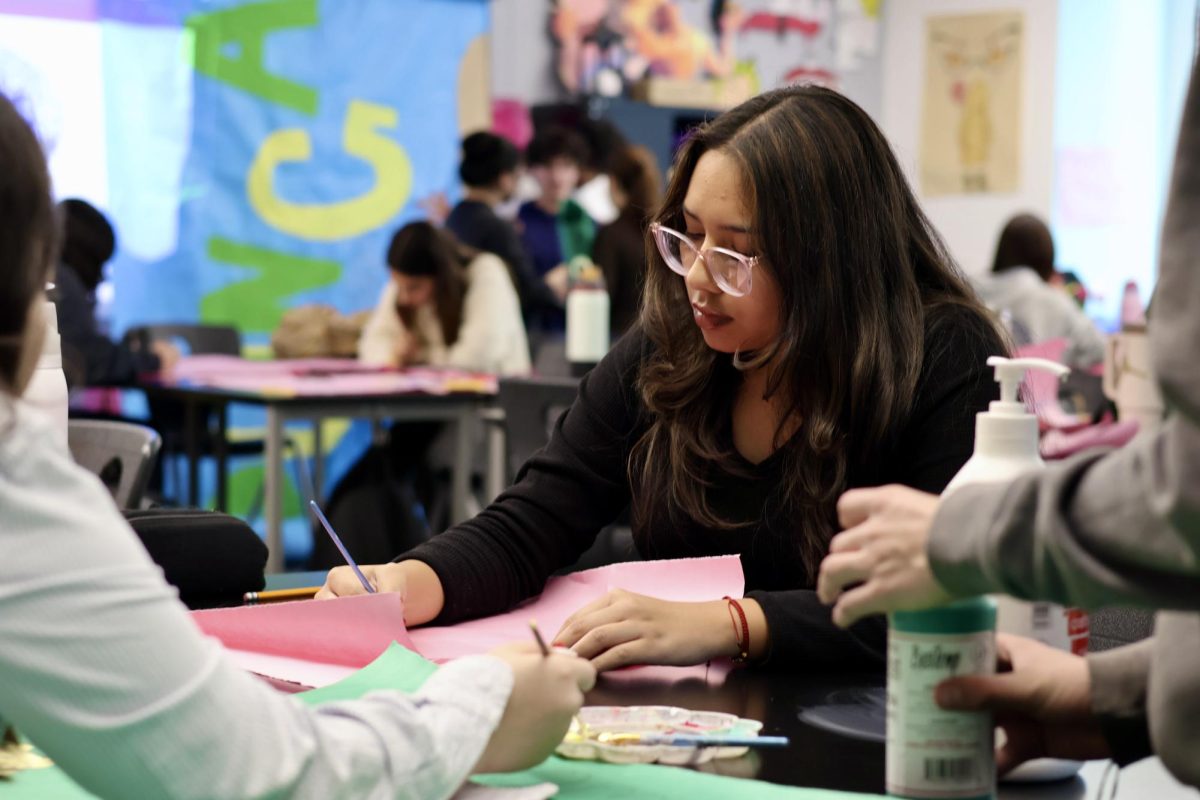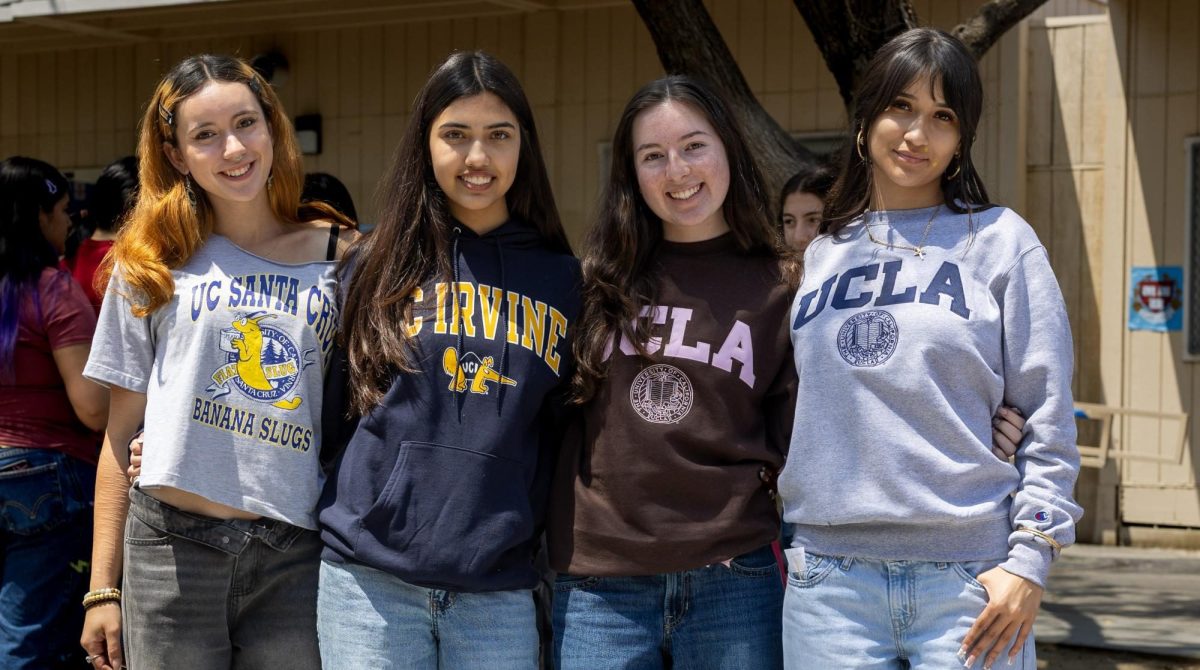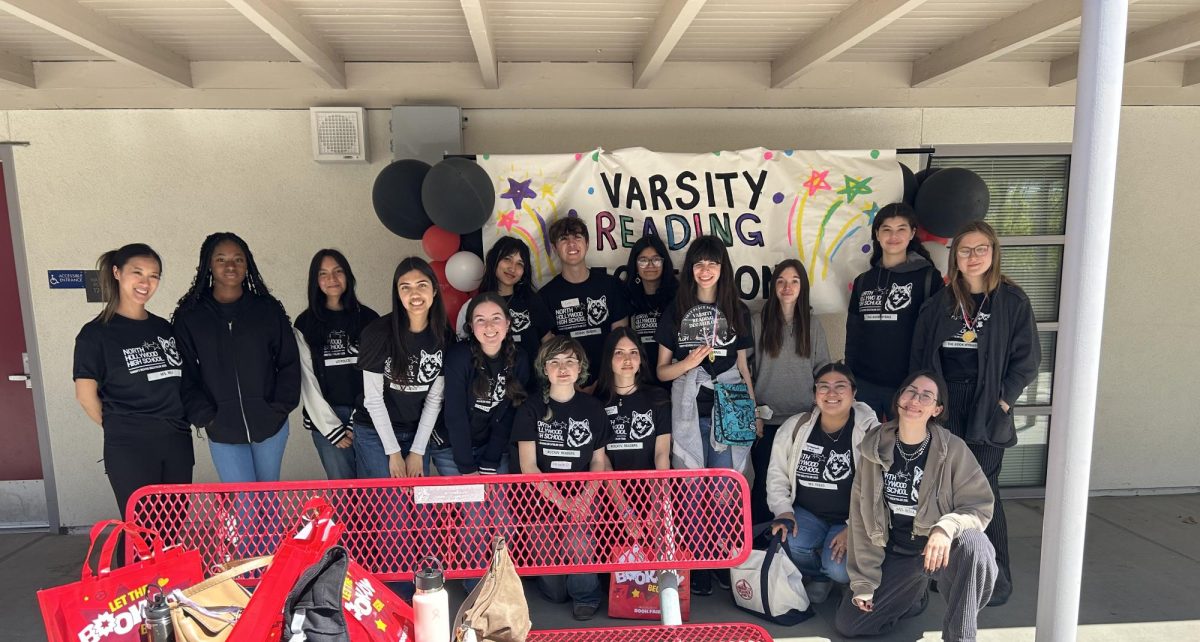As the school year ends, so do the final moments of high school for the Class of 2025. With each passing day, a wave of nostalgia comes over the seniors, marking the end of an era and the beginning of something new. One way many are coping with this emotional shift is by rewatching the films and television shows they once watched as children, reminders of simpler times that now carry a deeper meaning.
Jett Black, a 12th-grade senior, shared his thoughts on the bittersweet season when asked about coming-of-age films such as Ferris Bueller’s Day Off: “Yeah, I think Ferris Bueller’s Day Off for sure,” Black said when asked about movies he’d want to rewatch with friends before graduation. “Especially the ending scene where he’s talking about life going too fast. I see that a lot right now. I cannot believe it’s only two more weeks till graduation. Time flew by way too fast. And I know it’s just going to continue to fly by fast. I’m trying to take it slow every single day.”
When asked if high school life in movies feels true to real life, Black responded: “Yes and no. Not the parties. And also, I think the relationship between teacher and student is a lot better in film. I think everything’s more saturated in film. It’s more like what you wish it to be.”

In television, graduation episodes have long been staples of teen-centered soap operas. From the early 1950s to the 2020s, each generation has had its iconic coming-of-age moment on-screen scenes that brought comfort, excitement, and tears. For today’s seniors, rewatching these moments allows them to reflect on how much time has passed.
Emeni Martinez, another senior, reflected on graduation episodes from shows like Austin & Ally and High School Musical. “It’s supposed to be an uplifting feeling, whether that means moving on to the next stage or just finally being done with high school,” Martinez said. “But in reality, you’re just sitting in the hot sun, get a piece of paper, and you’re out.” Although TV makes graduation look exciting and sentimental, Martinez sees it more as a moment of closure than celebration.
Shemar Hawthorne shared his thoughts about the disconnect between on-screen portrayals versus real-life experiences. “After so many years of watching graduation scenes, it’s finally my turn,” he said. “I’ll get to feel like the main character, and I’ll have my own experience with life now.” Still, he admits that graduation in real life lacks the magic in TV episodes: “There’s no fireworks or perfectly scripted happiness. It’s more emotional and personal, filled with family and real moments.”
High school is often romanticized in novels, television shows, and films, portrayed as a time of self-discovery, drama, and relationships. Media frequently focuses on familiar stereotypes like jocks, cheerleaders, and nerds. While overlooking the diverse realities students actually face. These portrayals tend to categorize people rather than reflect the full picture of high school life. Real struggles, such as the pressure of college applications, academic stress, and complex relationships with teachers, are often left out.
However, one show that strikes a balance between high school stereotypes and authentic challenges is Never Have I Ever. The series follows Devi Vishwakumar, a high-achieving yet impulsive teenager, as she navigates grief, identity, friendship, and the desire to fit in. While it includes many funny moments and romantic drama, typical of teen shows.It also dives into issues like cultural expectations, mental health, and academic pressure. By using relatable struggles with entertaining storytelling, Never Have I Ever offers a more realistic portrayal of high school, one that resonates with the complexities of real teenage life.

